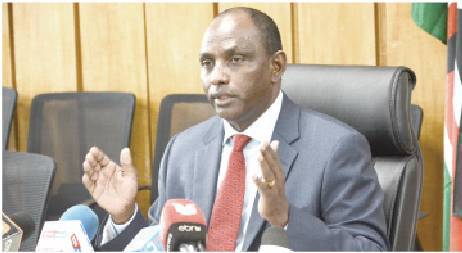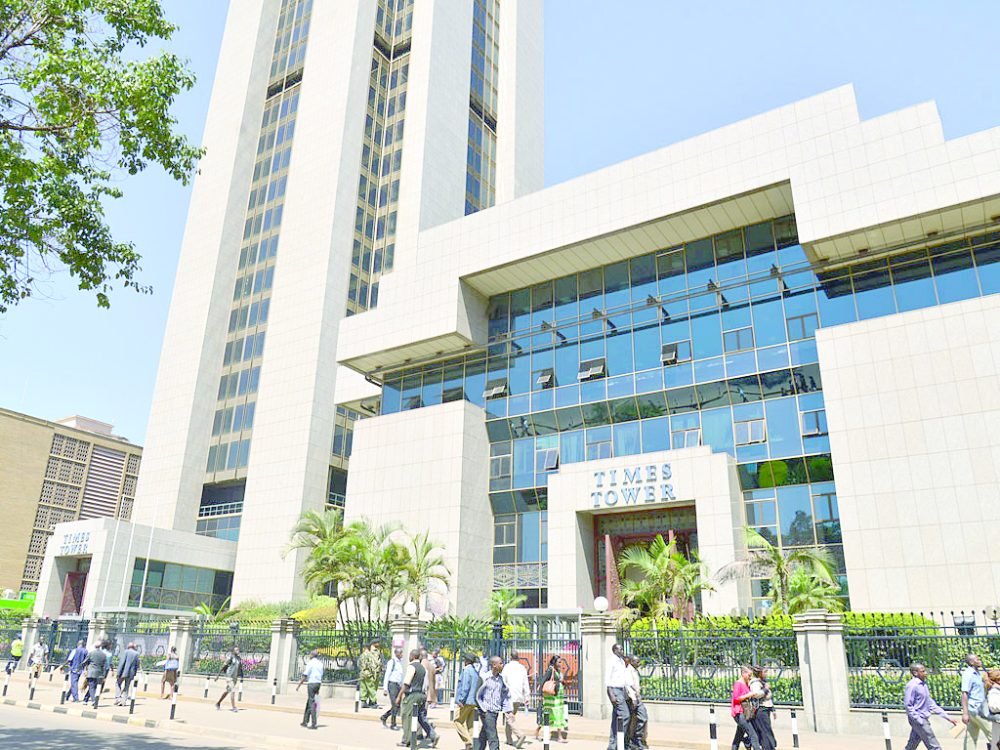Treasury in tight corner as State ends hiring freeze in parastatals

Herald Aloo
A decision by the government to lift a five-year hiring freeze in parastatals may have come as a godsend to thousands of jobless Kenyans still smarting from hard economic times caused by the Covid-19 pandemic.
The action, however, is likely to compromise the country’s struggle to reduce a bloated wage bill and puts National Treasury in a tight spot, especially on execution of loan agreements with International Monetary Fund (IMF).
A circular issued by the Head of Public Service Joseph Kinyua gives government-owned firms a greenlight to hire without seeking consent of the Executive office of the president, ending a five-year freeze that led to 9.1 per cent workforce reduction in State-owned firms.
“State corporations with approved human resource instruments will henceforth be exempted from the requirements of the circular of 28th July 2017 and can therefore recruit staff, including replacement of staff in line with State Corporations Advisory Committee approved staff establishment,” the notice dated February 7, 2022 said.
Parliamentary approval
This, plus the Sh2.5 billion parliamentary approval to the Ministry of Education to recruit additional 5,000 teachers in the next financial year, opens the door for increased wage bills in the public sector and a possible debt trap.
The two actions by the government come as a dilemma to the Treasury which accepted IMF $2.34 billion bailout on condition that the country downsizes the public service, slash salaries and allowance, and tame rife corruption as part of its commitment to reduce the wage bill to gross domestic product (GDP) ratio by about 0.5 percentage points by 2024.
“This (wage bill reduction) will be accomplished through continued restraint in hiring and wage awards, including in the four-year wage agreement that will come into effect in 2021/22 financial year and by improved wage bill management,” IMF said in a statement.
In June 2021, Treasury suggested that it will review civil servants’ salaries and allowances in the undertaking of loan agreement which signalled that the government will work with lean numbers in 2022. This commitment has now taken an opposite direction, setting stage for the Sh3.7 trillion domestic debt to balloon farther.
Data from Salaries and Remuneration Commission (SRC) shows that wage bill has grown by about 34 per cent, from Sh615 billion in 2016 to Sh827 billion in 2020 with enticing allowance packages.
This comes amidst reduced revenue collection that has pushed the government to look for multilateral lenders, further bloating external debt which is expected to surpass Sh3.8 trillion by the next financial year.
Worse, Treasury has been pushed further into a corner after the parliamentary budget committee, in their submission dated February 15, 2022, rejected the government’s bid to raise the debt ceiling from the current Sh9 trillion to Sh12 trillion in the next 2022/23 financial year.
This means that the Exchequer will not be allowed to borrow more money to meet its financial obligations despite creating room for higher wage bills.
Although the lifting of the hiring freeze which signals increased wage bill is likely to drill a wedge between the Treasury and IMF on loan agreements, experts contend that there is a need to balance between the wage bill and service delivery especially in crucial sectors.
“Some areas in the civil service may be in dire need of certain skills especially the specialised skills. It’s understandable and agreements can be renegotiated on circumstances basis,” said Raphael Matu, an economist.
With the country already struggling to raise revenue through high taxes, State think-tank Kippra, suggests that the lack of domestic debt restructuring is hindering the prospect of economic recovery.
“Domestic debt restructuring policies are necessary towards mitigating the inherent risks associated with crowding out effect,” it said in its 2021 Economic Report.













